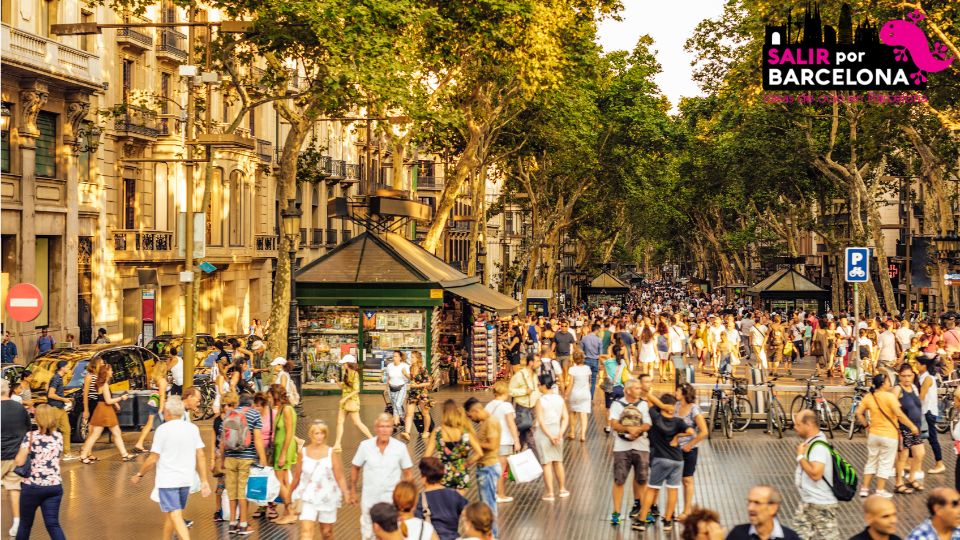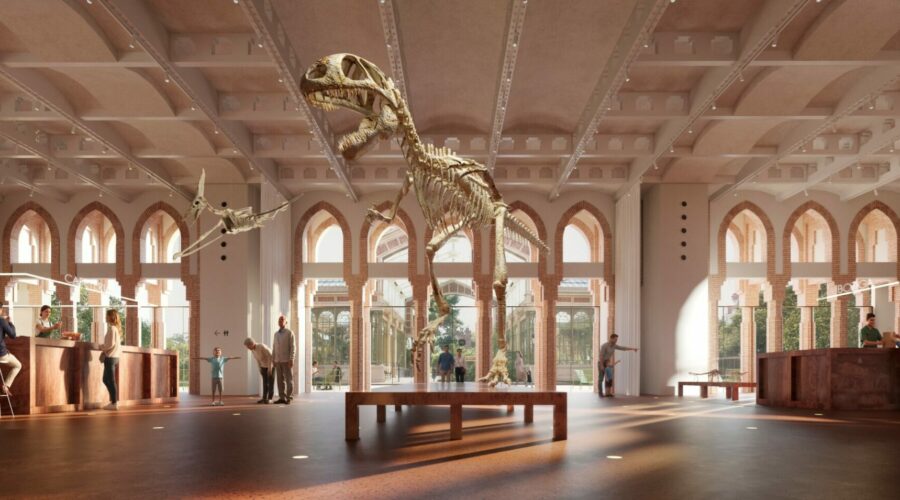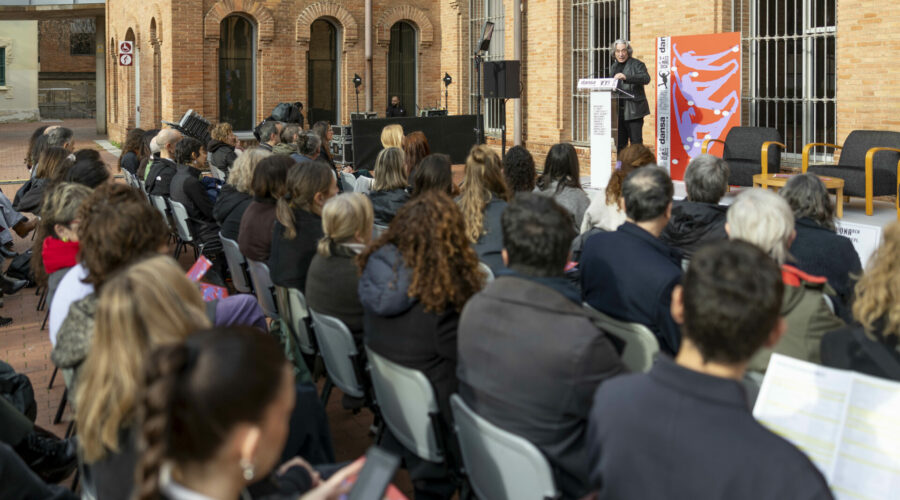Tourism in Barcelona has always been a key economic driver, but the city is now looking for more than just numbers. According to the deputy mayor of Economy, Finance and Tourism, Jordi Valls, citizens not only want to measure tourism success in terms of visitors or spending, but also in qualitative aspects that have a direct impact on the daily lives of Barcelona’s residents. During his speech at the IV annual convention of Turespaña, Valls emphasized the need to address issues such as environmental impact, working conditions and the possible loss of identity that mass tourism can generate in the city.
 A new approach to tourism success
A new approach to tourism success
Until now, the tourism balance sheets of Barcelona, and in general of many cities around the world, have focused on quantitative aspects: the number of tourists, overnight stays, and the money they leave in the city. But times are changing. In Valls’ words, the people of Barcelona are looking for a more holistic view of tourism. It is no longer just about attracting more visitors, but about how this activity affects the quality of life of citizens and the environment. Tourism can no longer be measured solely in euros and hotel occupancy figures.
Barcelona calls for a massive demonstration to call for tourism reduction
The city of Barcelona has long been a world reference in tourism, and its success is not in doubt. However, Valls has stressed that this success must be managed responsibly to avoid what he calls “dying of success“. Tourism can be a double-edged sword: if not managed well, it can destroy the very thing that makes it attractive.
Barcelona, a benchmark that must also innovate
During the Turespaña convention, held this year in Tenerife under the theme “Everything changes again: emerging technologies for a new tourism model”, Valls participated in a round table discussion entitled “The strategic transformation of the Spanish tourism model”. In this space, he shared his vision of the challenges and opportunities facing the sector in the city. Despite Barcelona’s undisputed success as a tourist destination, Valls acknowledged that the city still has room for improvement in terms of digitalization and the adoption of new technologies in tourism. Digitalization is not only an opportunity to improve the efficiency of the sector, but also to make tourism more sustainable and respectful of the urban environment.
Catalonia: the epicenter of camping tourism in Spain
The challenge for the future, according to the deputy mayor, is twofold: to boost digitalization and encourage entrepreneurship in tourism. These two areas, which are key to the evolution of the sector, can offer innovative solutions that improve both the experience of visitors and the quality of life of residents. In this sense, the use of emerging technologies could be the key to better manage the flow of tourism and mitigate some of the negative effects it can have on the city.
The tourist tax: an example of responsible management
One of the key points that Valls emphasized during his speech was the improvement of tourism taxation. A clear example of this is Barcelona’s tourism tax, which since its implementation has generated significant resources to improve the infrastructure and services that the tourism sector requires. But, beyond the resources it generates, this tax is also a way of holding visitors accountable for the impact they generate in the city. Mass tourism entails significant costs, both in terms of urban infrastructure and the wear and tear on the city’s cultural and natural heritage. With measures such as the tourism tax, Barcelona seeks not only to mitigate these effects, but also to redistribute the economic benefits of tourism more equitably among citizens.
A sector in need of constant adaptation
Tourism in Barcelona is a dynamic sector that needs to continuously adapt to the demands of visitors and the needs of residents. Emerging technologies and sustainability are elements that cannot be missing in this transformation process. But, beyond technological tools, what is clear is that the tourism model must evolve towards a more human and sustainable approach. In the words of Valls, the transformation of the tourism model is not an option, but a necessity. Barcelona, being a global benchmark, has the responsibility to lead this change towards a more conscious and responsible tourism, which prioritizes the welfare of its citizens without renouncing innovation and economic growth.
Responsible and sustainable management
Barcelona is redefining its tourism model, opting for responsible and sustainable management that takes into account both economic benefits and social and environmental costs. The city no longer seeks only to be an attractive destination for tourists, but also a place where its inhabitants feel comfortable and proud of their heritage. With the tourist tax as an example of this new management and with the challenge of digitalization as one of the next goals, Barcelona continues to be a global benchmark, but now also in sustainability and tourism management.


 A new approach to tourism success
A new approach to tourism success
